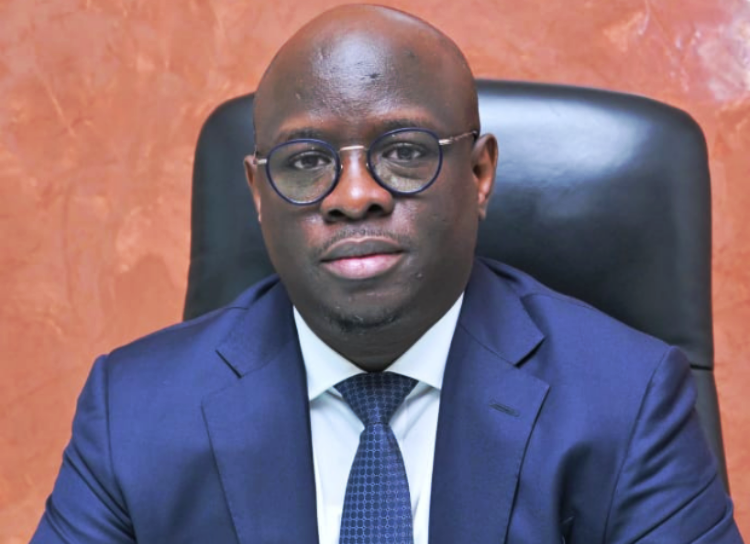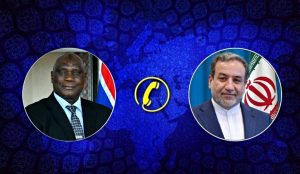Gambiaj.com – (DAKAR, Senegal) – In a landmark ruling on July 1st, Senegal’s Supreme Court definitively upheld the defamation conviction against Prime Minister Ousmane Sonko, bringing an end to a high-profile legal battle that has shadowed his political rise. The apex court confirmed his six-month suspended prison sentence and ordered him to pay 200 million CFA francs in damages to former Minister of Tourism Mame Mbaye Niang.
The decision closes the final chapter of a case that began in 2022, when Sonko publicly accused Niang of embezzling 29 billion CFA francs from a public agricultural program.
Central to Sonko’s defense was his claim that these allegations were based on a report by a state oversight agency—a document he never produced in court. The judges found this fatal to his case.
“The report does not exist,” Niang’s lawyers declared during the proceedings, emphasizing that Sonko’s accusations were baseless and damaging.
The court concurred, ruling that the Pastef leader had defamed Niang and failed to substantiate his claims with any credible evidence.
The decision effectively reinforced a prior appellate ruling from May 2023, which had already rendered Sonko ineligible for public office for five years—a disqualification that barred him from the March 2024 presidential election.
Sonko’s legal team had filed a final procedural appeal with the Supreme Court, arguing that the penal code article used in his conviction was unconstitutional. They requested a referral to the Constitutional Council, seeking annulment on procedural grounds.
That appeal was rejected on Monday, with the Supreme Court affirming the lower court’s ruling in full.
In a notable twist, the Supreme Court also ruled that the defamation case was not covered under the 2024 amnesty law enacted to ease political tensions.
The law, adopted in March by the previous administration of President Macky Sall and amended under the current Pastef-led government, pardons offenses committed between February 1, 2021, and February 25, 2024, that were political in nature or linked to demonstrations.
The Court concluded that Sonko’s defamatory statements against Niang did not fall within the scope of this political amnesty.
The ruling has profound political and legal consequences. Sonko, a former tax inspector turned firebrand opposition leader, rose to national prominence on an anti-corruption platform.
However, this case—now closed with finality—casts a shadow over his credibility and leadership. It also cements a five-year ineligibility period that extends beyond the next presidential election, effectively limiting his immediate political prospects despite his current position as Prime Minister.
Neither Sonko nor Niang appeared at the final hearing. Niang’s lawyer, El Hadji Diouf, mocked Sonko’s absence, stating, “He dared to defame our client, but he did not dare to appear before the courts of his country.”
He welcomed the ruling as a restoration of his client’s honor, saying, “He defamed our client well, even if the Advocate General pleaded for the erasure of any conviction.”
The political undertones of the case were never far from the surface. Sonko’s team consistently argued that the complaint was politically motivated and aimed at undermining his presidential ambitions.
But the Court’s decision to exclude the case from the political amnesty law and to uphold the conviction against a sitting head of government has been interpreted by some as a statement on judicial independence in Senegal.
For Mame Mbaye Niang, once a close ally of former President Macky Sall, the case was personal. He described feeling “humiliated and slandered” by Sonko’s allegations, saying the trial was necessary to restore his dignity.
With this final verdict, the defamation saga that stirred Senegal’s political landscape for over two years comes to a decisive end.
The ruling underscores the enduring legal consequences of public accusations made without evidence—and marks a rare moment in Senegalese jurisprudence where a serving prime minister has been convicted by the nation’s highest court.










